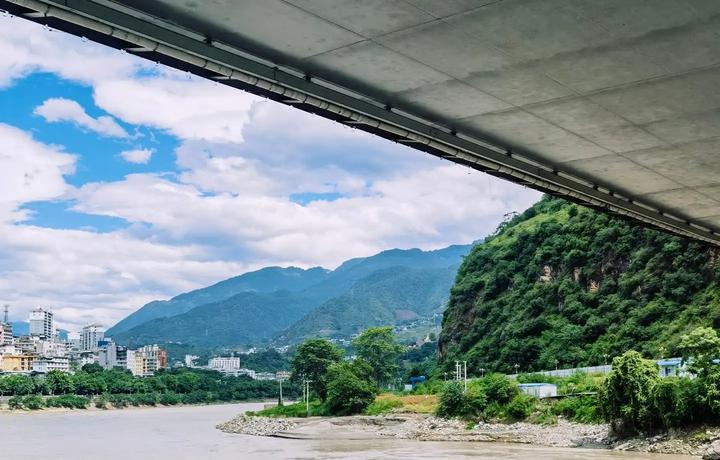The Safety Concerns of Tourism in Thailand and Southeast Asia
Recent incidents involving Chinese tourists and actors being trafficked to Myanmar through Thailand have raised serious concerns about travel safety in Southeast Asia, highlighting the need for increased vigilance when traveling in the region.

The recent case of Chinese actor Wang Xing’s abduction in Thailand has brought renewed attention to travel safety concerns in Southeast Asia. Wang was lured to Thailand under the pretense of a film shoot, only to be trafficked across the border to Myanmar. While he was fortunately rescued through swift action by authorities and public attention, his case illuminates a darker reality of human trafficking networks operating in the region.
The Thailand-Myanmar border area, particularly the town of Myawaddy in eastern Myanmar, has become notorious for criminal activities. This region has evolved into what local authorities describe as a “criminal paradise,” where human trafficking, organ trafficking, and telecoms fraud operations flourish. The KK Park compound alone reportedly holds over 8,000 captive individuals.
The trafficking networks employ sophisticated methods to lure victims. In Wang’s case, they created elaborate schemes involving fake film productions and legitimate-seeming travel arrangements. Similar tactics have been used to target other Chinese citizens, with Thai police estimating that approximately 70,000 Chinese nationals are trafficked through Thailand to Myawaddy annually.
For those considering travel to Southeast Asia, Singapore stands out as the safest destination. With its strict law enforcement, developed infrastructure, and visa-free arrangements for many nationalities, Singapore offers a secure environment for tourists. Malaysia also maintains relatively good safety standards, particularly in major tourist areas.
However, travelers should exercise extreme caution when receiving job offers or entertainment opportunities in Thailand or Myanmar. Key safety recommendations include:
- Verify all job offers through official channels
- Maintain regular contact with family and friends while traveling
- Be wary of unusually lucrative opportunities
- Research local emergency contacts and embassy information beforehand
- Consider joining organized tours rather than traveling independently in certain areas
- Stay away from border regions, particularly the Thailand-Myanmar border
The Wang Xing incident has prompted Thai Prime Minister Srettha Thavisin to order a thorough investigation of human trafficking networks. However, the sophisticated nature of these criminal operations and the complex geography of the border region make enforcement challenging.
Despite these concerns, it’s important to note that millions of tourists visit Thailand and other Southeast Asian countries safely each year. The key is to remain vigilant, stick to well-traveled tourist areas, and avoid risky situations, particularly those involving suspicious job offers or business opportunities.
The human trafficking crisis in Southeast Asia requires continued international cooperation and law enforcement efforts. Until these criminal networks are dismantled, travelers must prioritize their safety through careful planning and awareness of potential risks.